It’s hard to keep small particles of food out of most Kitchen Drain , not to mention fats, oil, and grease (otherwise known as FOG).
The question is, how often do you clean (not unclog) your kitchen sink drain? If you neglect to do so for very long, your kitchen will eventually start smelling a little rank. The cause wouldn’t be food or FOG that’s slipped down the drain, but the bacteria that those items attract.
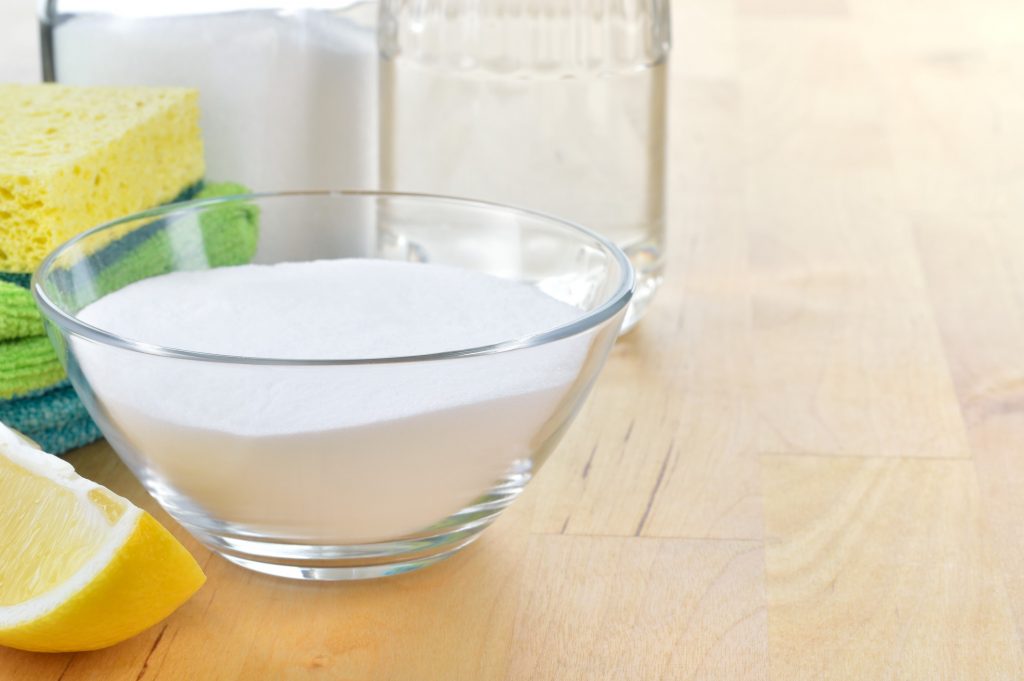
Beyond the stench, a good periodic cleaning also will help prevent drain clogs. Those can be a hassle, for sure. They also can be difficult to budge and might even result in a drain cleaning fee.
To avoid all that, just follow these basic drain cleaning tips.
- Put a stopper in the sink and fill it with several inches of hot water. Add a squirt of dish soap. Turn on the disposal and unplug the sink to let the water flush through. This is different than simply running the tap like we usually do since the disposal will fill with water.
- If you’re still getting a funky smell, the next step is to make sure the disposal blades are clean and clear of lingering gunky food particles. The combination of ice cubes, coarse salt, and lemon is a three-punch cleaning wonder.
- Baking soda and vinegar – Pour one half cup each of baking soda and distilled white vinegar down your drain and let it sit for a half hour. Next, pour in a pot of boiling hot water to flush any remaining residue.
- Use an organic drain clearing solution – By pouring an organic drain clearing solution down the drain, you’re accomplishing a few things. First, even one application will likely remove the obstruction that caused the odor. Regular use will prevent future problems. Equally important, by using an organic vs. chemical product you won’t risk corroding the internal lining of your drainpipes.
And yet, even with the best of care, most sink and other drains will eventually require professional assistance. If that time is now, contact Norhio Plumbing for first-rate service and guaranteed effective results.




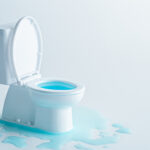
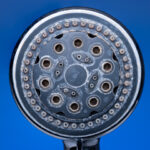
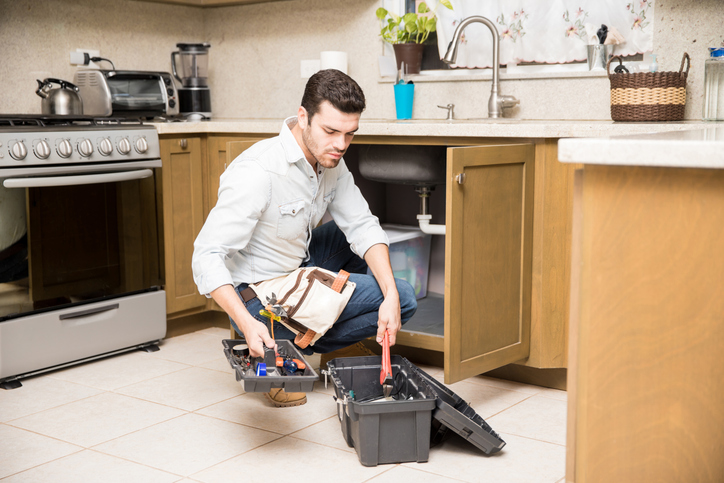

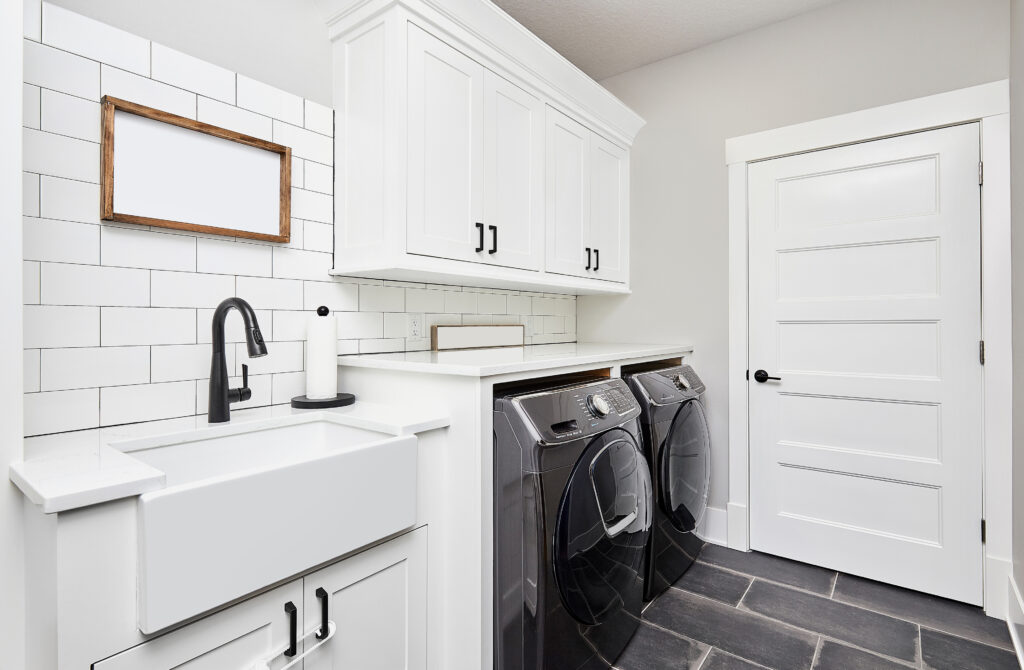
Leave a Reply